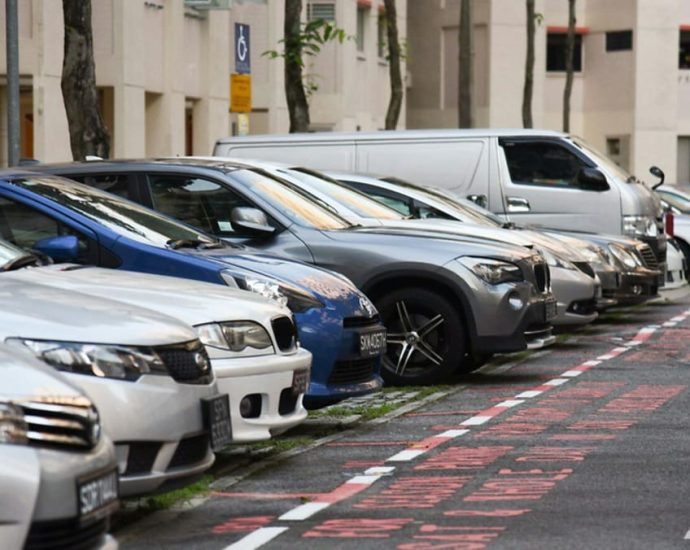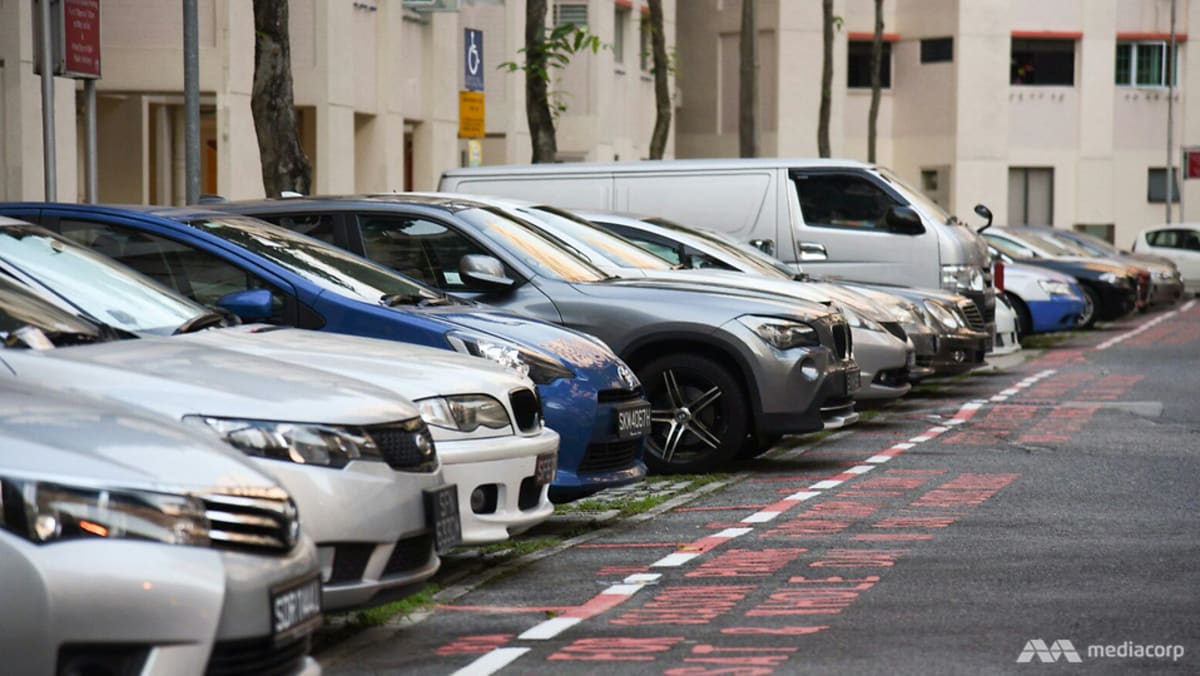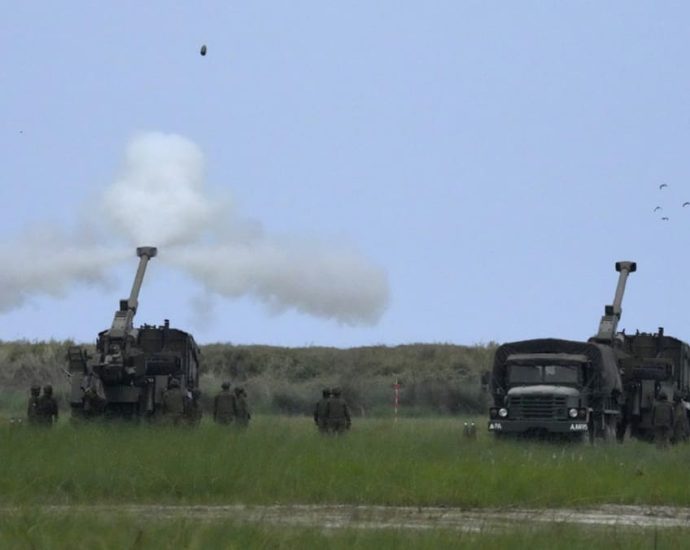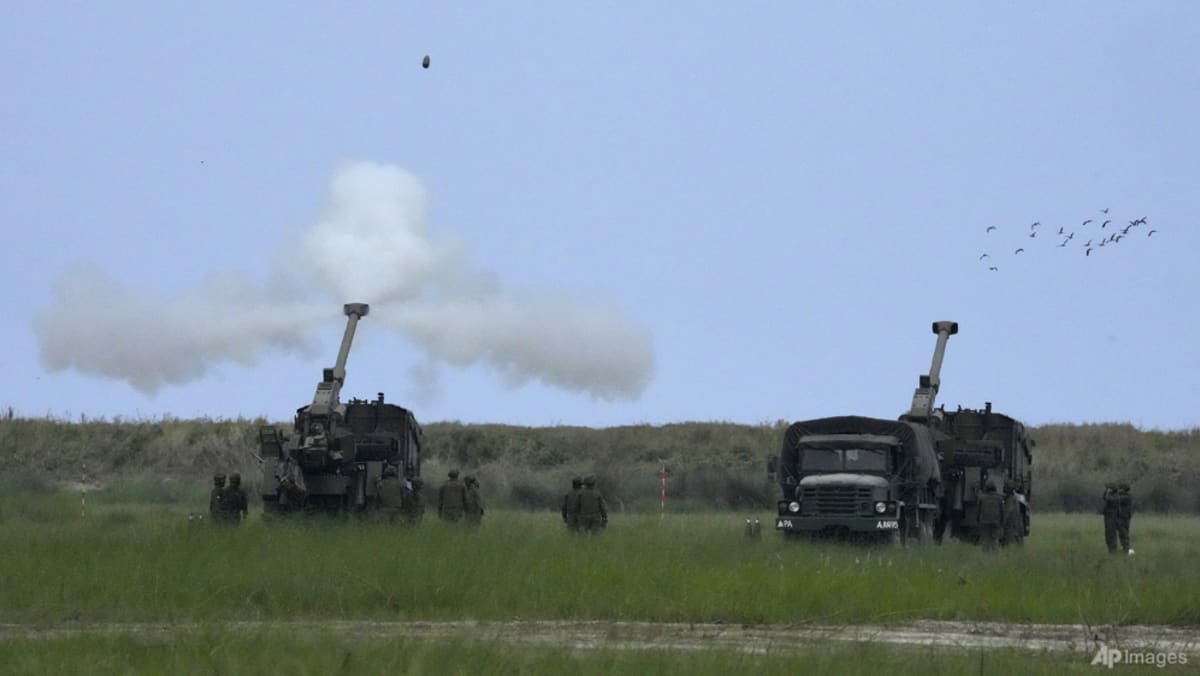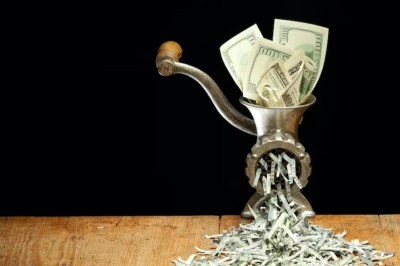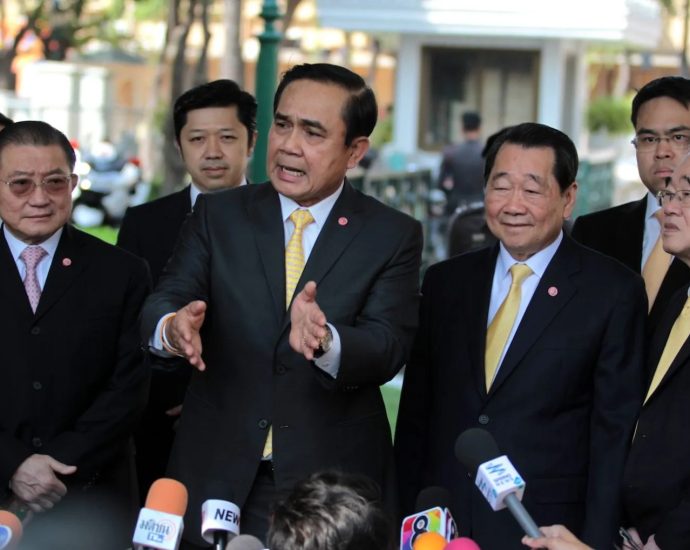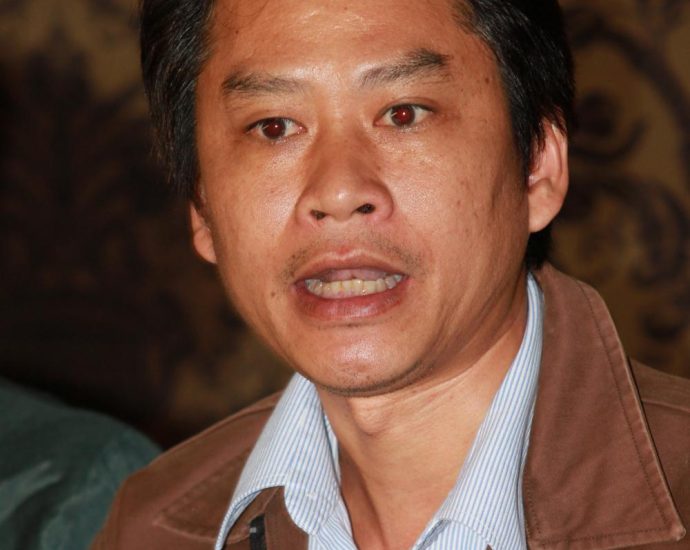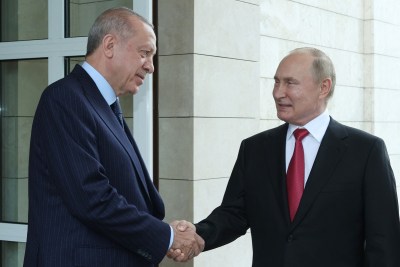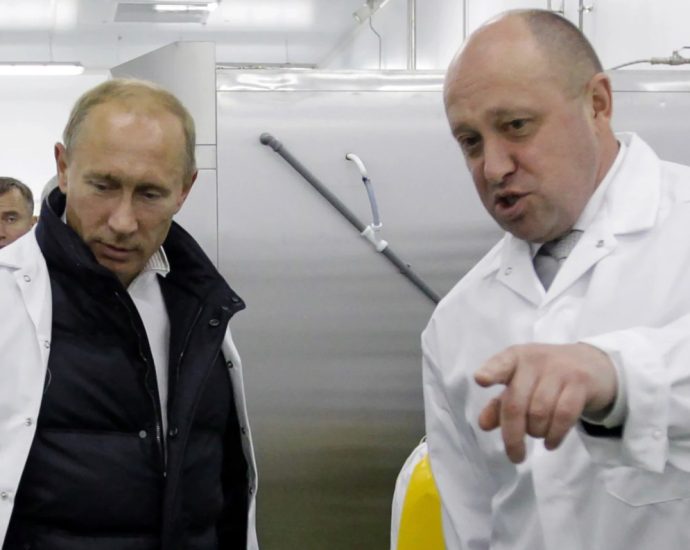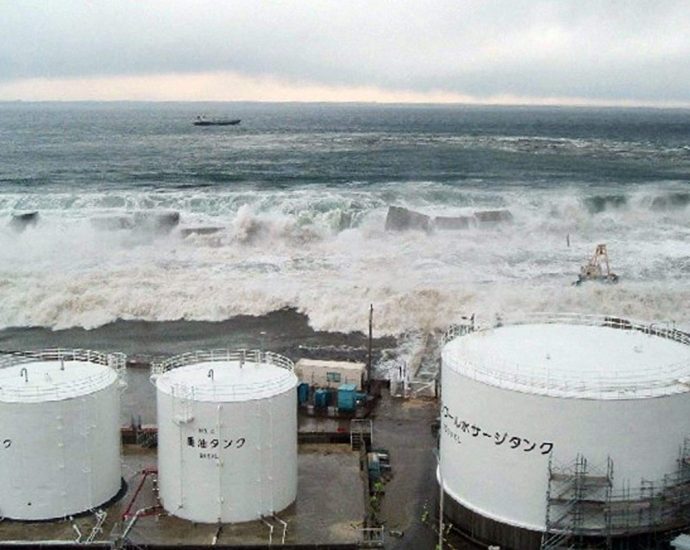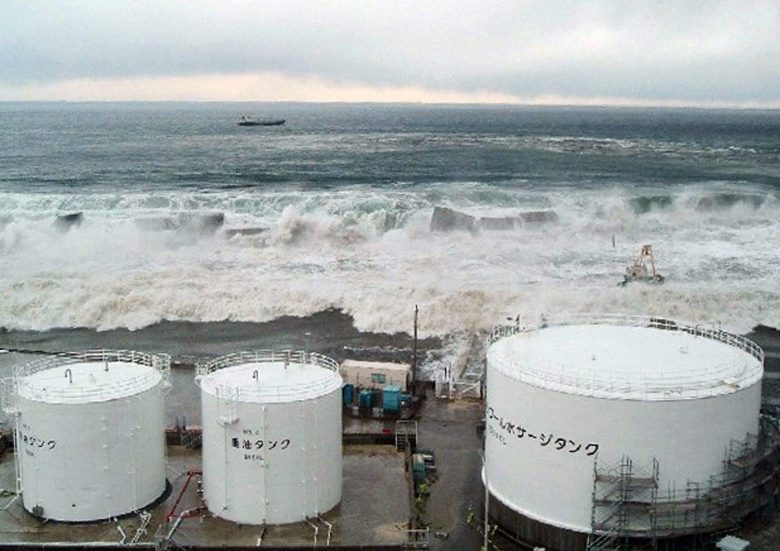Work It podcast: Why there is now a wider conversation about the purpose of work

SINGAPORE: Companies on the hunt for talent in a tight labour market are seeing potential candidates asking questions that go beyond how much they are paid – focusing instead on what the organisation can do for them, so they are engaged in meaningful work.
“Everyone has choices, especially those who are younger. They are a lot more mobile, at the earliest stages in their career. (So they ask) what’s your proposition for me as an employer, why should I join you?” said Mr Hong Siu Ming, senior vice president for people, culture and group rewards at Great Eastern.
Speaking to hosts Crispina Robert and Adrian Tan, Mr Hong, who studied for a banking career but eventually joined human resources, said an entire generation has been shaped by a more globalised world.
They have different attitudes towards life and work and for them, a sense of purpose or meaning is becoming more important, he added.
According to the 44-year-old, people who find meaning in work also tend to do a lot better in the long run. He puts this down to what he calls “discretionary effort’’ and this comes from being highly engaged.
“What engagement (looks like) is that you have extra discretionary effort. Because you find meaning and purpose in what you do, you go beyond the mundane tasks. That extra effort becomes obvious, and you will be recognised,’’ said Mr Hong. In short, this can lead to greater monetary rewards down the line.


